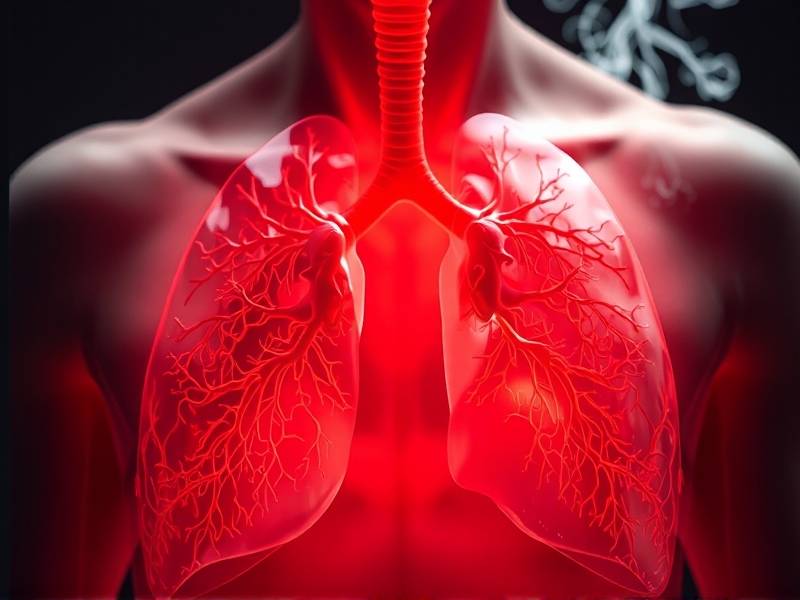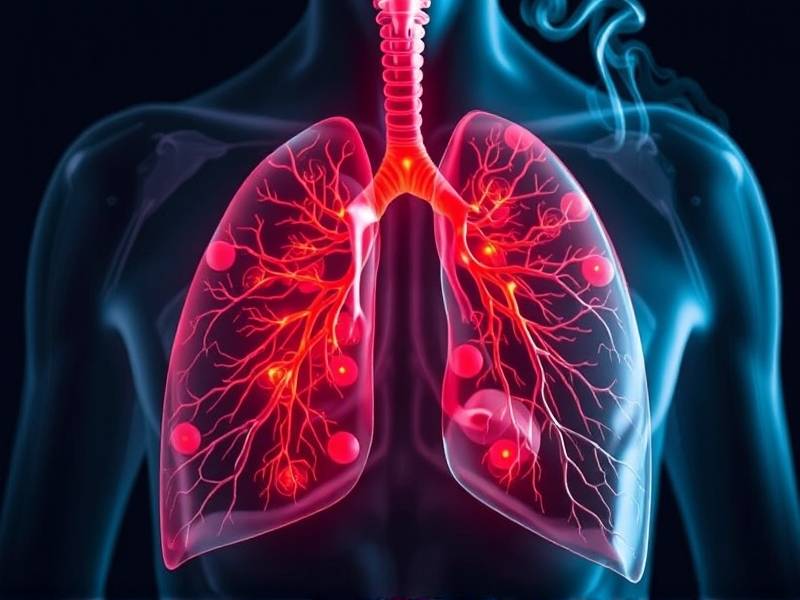Can Lungs Regenerate After Quitting Smoking?
Can Lungs Regenerate After Quitting Smoking? A Comprehensive Guide
Understanding Lung Regeneration
When it comes to the question of whether lungs can regenerate after quitting smoking, it's important to delve into the science behind lung health and the effects of smoking. The human body has a remarkable ability to heal and regenerate, but does this extend to the lungs, which are often damaged by the harmful substances in cigarettes?

The Impact of Smoking on Lungs
Smoking is a leading cause of chronic obstructive pulmonary disease (COPD), a progressive lung disease that makes it difficult to breathe. The chemicals in tobacco smoke can cause inflammation and scarring in the lungs, leading to long-term damage that can be irreversible.
The Regeneration Process
While some cells in the lungs can regenerate, the extent of this regeneration is limited. The alveoli, tiny air sacs in the lungs that are crucial for gas exchange, can repair themselves to some degree after injury or infection. However, when it comes to reversing damage caused by smoking, the process is much slower and less effective.
The Role of Quitting Smoking
The good news is that quitting smoking can significantly slow down or even halt the progression of lung damage. When you stop smoking, your body begins a process of repair and healing. Over time, your lungs may start to clear out some of the built-up tar and other toxins.
Stages of Lung Repair Post-Quitting Smoking

- Immediate Benefits: Within hours of quitting, your blood pressure drops and carbon monoxide levels decrease.
- One Year: After one year without smoking, your risk for heart disease is reduced by half.
- Five Years: Your risk for stroke decreases significantly after five years.
- Ten Years: Your risk for lung cancer drops by half after ten years.
- Beyond Ten Years: Your risk for COPD continues to decline with each passing year.
Supporting Your Lungs Post-Quitting Smoking
While quitting smoking is crucial for lung health, there are other steps you can take to support your lungs:
- Engage in regular physical activity.
- Eat a balanced diet rich in fruits and vegetables.
- Avoid secondhand smoke and pollution.
- Consider pulmonary rehabilitation programs.
Conclusion
In conclusion, while lungs have limited capacity for regeneration after quitting smoking, stopping this harmful habit is a vital step towards improving lung health. The journey may be slow and challenging, but with persistence and support from healthcare professionals, individuals who quit smoking can experience significant improvements in their respiratory function over time.
Remember, it's never too late to start taking better care of your lungs. If you're considering quitting or need more information on how to do so effectively, consult with healthcare providers who specialize in pulmonary health.
